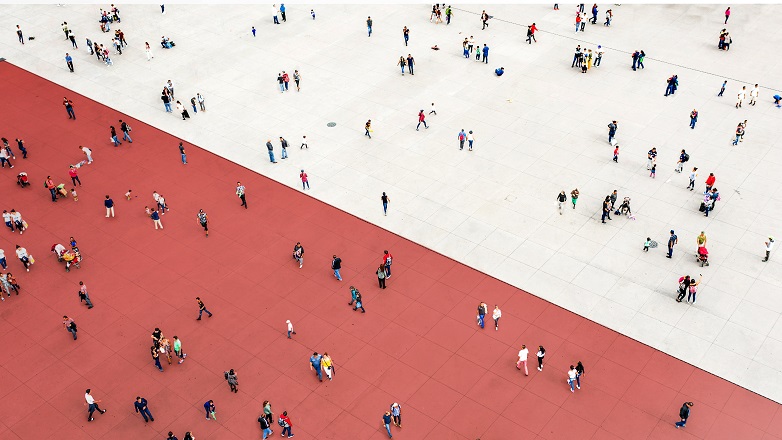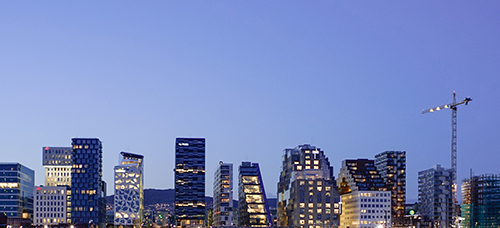China Employment Law Update
China's Hukou system records household registration and determines where citizens are allowed to live. The system aims to regulate population distribution and rural-to-urban migration. The records officially identify a person as being a resident of a specific area. The system also records information such as name, gender, employer, level of education, religious beliefs, ethnicity, address, date of birth, etc. The Hukou system is often regarded as a form of social hierarchy system as it results in the entrenchment of social status, and in particular the distinction between urban and rural populations.
Hukou System Reformed in China
The Hukou system finds its origins in ancient China, around 3,000 years ago. For a few years after 1949, citizens were allowed to move from place to place as they wished. However, in 1958, the PRC Hukou Registration Regulation was officially promulgated to control the migration of citizens between urban and rural areas. Any rural resident seeking to work or study in a city had to apply to the competent authorities for Hukou and migration was tightly controlled. Since the late 1980s, the Chinese government has gradually reformed the Hukou system, combining Hukou with welfare benefits.
There now exist two categories of Hukou in China, namely, "Rural Hukou" for rural residents and "Urban Hukou" for city residents. The Urban Hukou can be further divided into four sub-groups on the basis of city population as shown below:
|
City |
Population |
Hukou Registration |
|---|---|---|
|
Towns and small cities |
Below 500,000 |
Restrictions removed |
|
Mid-sized cities |
500,000 – 1000,000 |
Restrictions eased (for those living in the city, employed, and participating in social insurance for a specific number of years) |
|
Big cities |
1,000,000 – 5,000,000 |
Reasonable conditions imposed |
|
Megacities |
More than 5,000,000 |
Strictly controlled (subject to a maximum number) |
Hukou is currently closely associated with welfare benefits, such as healthcare, pensions, public services, unemployment allowance, housing benefits, education, etc. Usually, larger cities have more financial resources and can therefore provide better benefits to their residents which have Hukou. Consequently, it can be difficult to obtain Hukou in such cities. The difference in benefits for residents between those in urban and rural areas may be valued at nearly USD 50,000 per person. This can lead to a situation where migrant workers contribute to the development of larger cities, thereby boosting their revenue, but are not eligible to enjoy equal access to the city's services as they don't meet the conditions to apply for Urban Hukou in that city.
Further reforms of the Hukou system were announced at the China Communist Party's 18 th Central Committee meetings and in China's 13 th Five-Year Plan. The reforms mainly aim to eliminate the distinction between Urban and Rural Hukou, so that people holding different types of Hukou can enjoy equal benefits. The State Council announced on 30 September 2016 that benefits available to migrant workers should be comparable to those afforded to permanent residents living in the same city, including housing funds, medical insurance, pension and right to education. In pursuit of this goal, a Residence Permit System has been introduced as a transitional measure, whereby people who do not have Hukou may apply for temporary residence permits to enjoy the same basic benefits as permanent residents. Meanwhile, the government is also seeking to achieve its objective by perfecting its population information management system, increasing investment in social benefits and improving public services.




